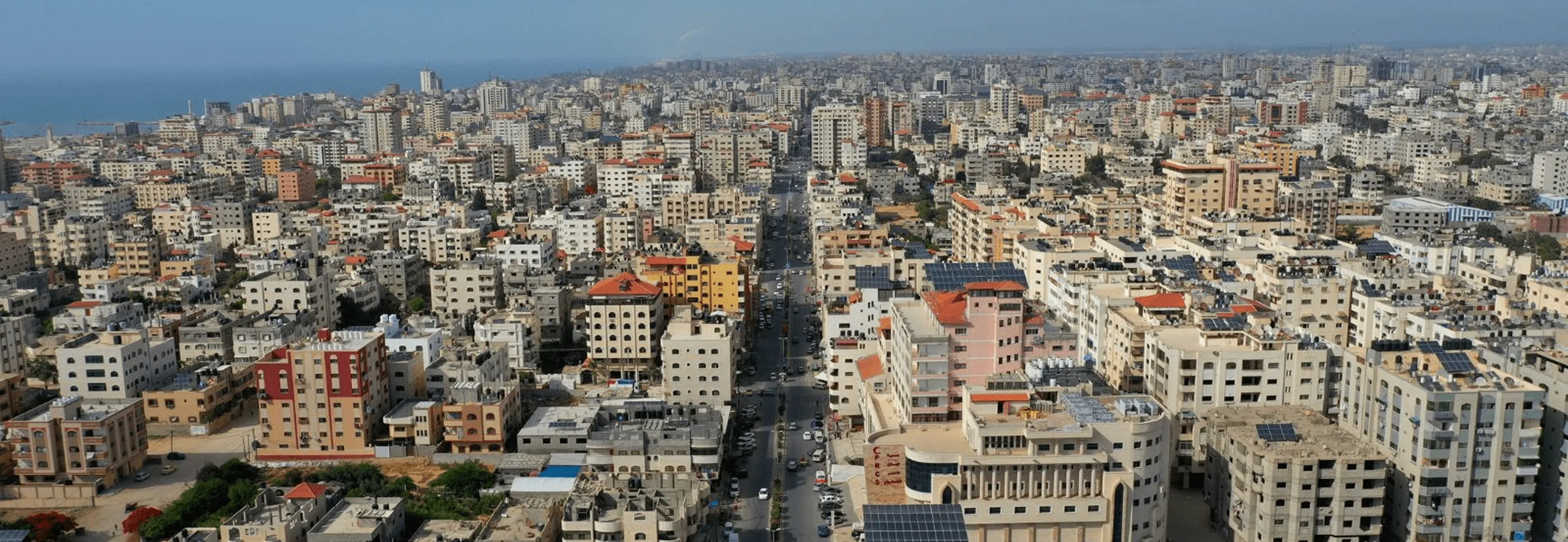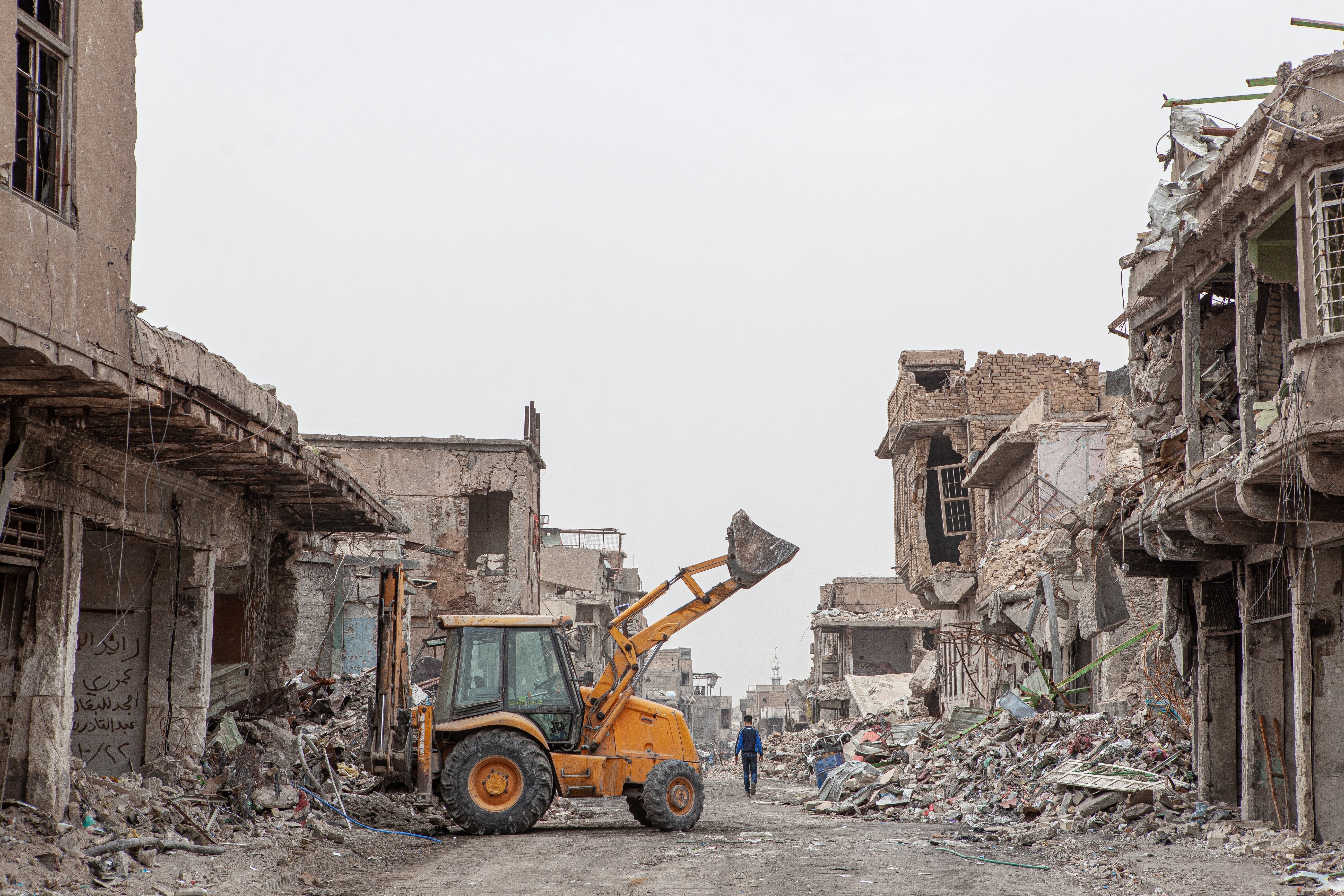
Food Security Challenges in the Middle East: Insights from the UN's Roadmap
On this day at COP28 in Dubai, where a special focus on food security is underscored, the UN’s Food and Agriculture Organisation (FAO) seizes the moment by launching its Global Roadmap for Agriculture. Against this backdrop, the Middle East confronts a complex array of challenges that significantly impact food security, highlighting the relevance of the UN's roadmap for global food and farming to the region. Unique geopolitical dynamics, exacerbated by water scarcity, land degradation, and political instability, present distinctive obstacles that demand nuanced solutions.
Water Scarcity: Jordan's Water Scarcity Struggle and Local-based Solutions
The arid conditions of the Middle East, particularly in countries like Jordan, Lebanon, and Iraq, intensify water stress, posing a severe threat to agriculture. In Jordan, where water scarcity is acute, traditional irrigation methods lead to inefficient water usage, impacting crop yields. The implementation of precision agriculture techniques, such as drip irrigation and soil moisture sensors, becomes critical in optimizing water resources and ensuring sustainable agricultural practices.
For instance, the implementation of precision agriculture techniques emerges as a critical strategy to address Jordan's specific challenges. Precision agriculture involves the use of advanced technologies, such as drip irrigation and soil moisture sensors, to optimize water resources and enhance the efficiency of agricultural practices. Given Jordan's water scarcity, transitioning from traditional flood irrigation to drip irrigation represents a local solution that can revolutionize water management in agriculture. Drip irrigation delivers water directly to the plant roots, minimizing wastage and significantly improving water use efficiency. This method not only conserves water but also boosts crop yields, ensuring sustainable agricultural production in the face of limited resources.
In addition, incorporating soil moisture sensors into farming practices allows for real-time monitoring of soil conditions. This technology enables farmers to precisely determine when and how much water is needed, preventing over-irrigation and optimizing irrigation schedules. By aligning water application with the actual moisture needs of the soil, this approach contributes to resource conservation and improved crop health.
In the realm of addressing water scarcity, local initiatives and collaborations complement precision agriculture, playing a pivotal role. Noteworthy examples of grassroots efforts contributing to sustainable water management include community-driven water conservation projects, such as those spearheaded by Friends of the Earth Middle East (FoEME) and Jordan Agricultural Research Center (JARC), educational programs promoting efficient water use, and government-supported research focused on drought-resistant crops. These initiatives collectively underscore the importance of community engagement, education, and scientific innovation in fostering sustainable solutions to water scarcity challenges.
Conflict-Induced Food Security Challenges in the Middle East: Exploring Local Resilience
While local initiatives address water scarcity, it's essential to recognize that ongoing conflicts in Syria, Yemen, and Libya transcend human casualties, significantly affecting agricultural activities and worsening food security crises. Shifting focus to Yemen reveals the intricacies of these challenges.
Yemen's Agricultural Struggles Amid Conflict:
In war-torn Yemen, where access to arable land is limited, conflict has become a significant barrier to agricultural productivity. With large portions of fertile land rendered inaccessible due to violence and insecurity, local farmers face insurmountable challenges in cultivating crops. This dire situation is further compounded by disruptions in the transportation of essential goods, hindering the flow of food supplies to vulnerable populations.
Over and over again, addressing these challenges requires innovative, locally grounded strategies that go beyond immediate relief efforts. Here are several examples as discussed at the COP28 in Dubai:
1. In Urban Agriculture Initiatives conflict-ridden urban areas where traditional farming is unfeasible, urban agriculture initiatives, such as rooftop gardens and vertical farming, offer a sustainable alternative. These initiatives not only contribute to local food production in Yemen but also foster community resilience and empower individuals to actively participate in securing their food supply.
2. Community-Supported Agriculture (CSA): The establishment of Community-Supported Agriculture programs can connect local farmers directly with communities, ensuring a more reliable market for their produce. By fostering direct relationships between producers and consumers, CSA initiatives promote food security, strengthen local economies, and mitigate the impact of conflict on traditional supply chains.
3. Peace-Building through Agricultural Cooperation: In Yemen, engaging in peace-building efforts that specifically target the agricultural sector is crucial. Collaborative projects that bring together farmers from conflicting factions to share resources, knowledge, and technology can foster a sense of unity and common purpose. Such initiatives contribute not only to immediate food security but also lay the groundwork for sustainable peace and reconstruction.
As the UN's roadmap unfolds and talks at the COP28 continue, addressing these challenges necessitates tailoring strategies to the unique circumstances of the Middle East. There is an urgent need for a balanced approach when considering these specific examples. In regions with water scarcity, the roadmap's focus on sustainable water management practices aligns with the need for innovative solutions, such as water-efficient irrigation technologies and crop diversification.
Moreover, precision agriculture technologies, like satellite imaging and data analytics, can aid countries in the Middle East in optimizing land use and mitigating the impact of soil degradation. Livestock management practices must be context-specific, considering factors such as overgrazing and the restoration of degraded pasture land.
As stakeholders engage at the COP28 with the UN's roadmap, recognizing and addressing the region-specific challenges of water scarcity, land degradation, and political instability in the Middle East will be pivotal. By implementing targeted and collaborative measures, the region can work towards achieving a resilient and secure food supply for its growing population.



.jpeg)